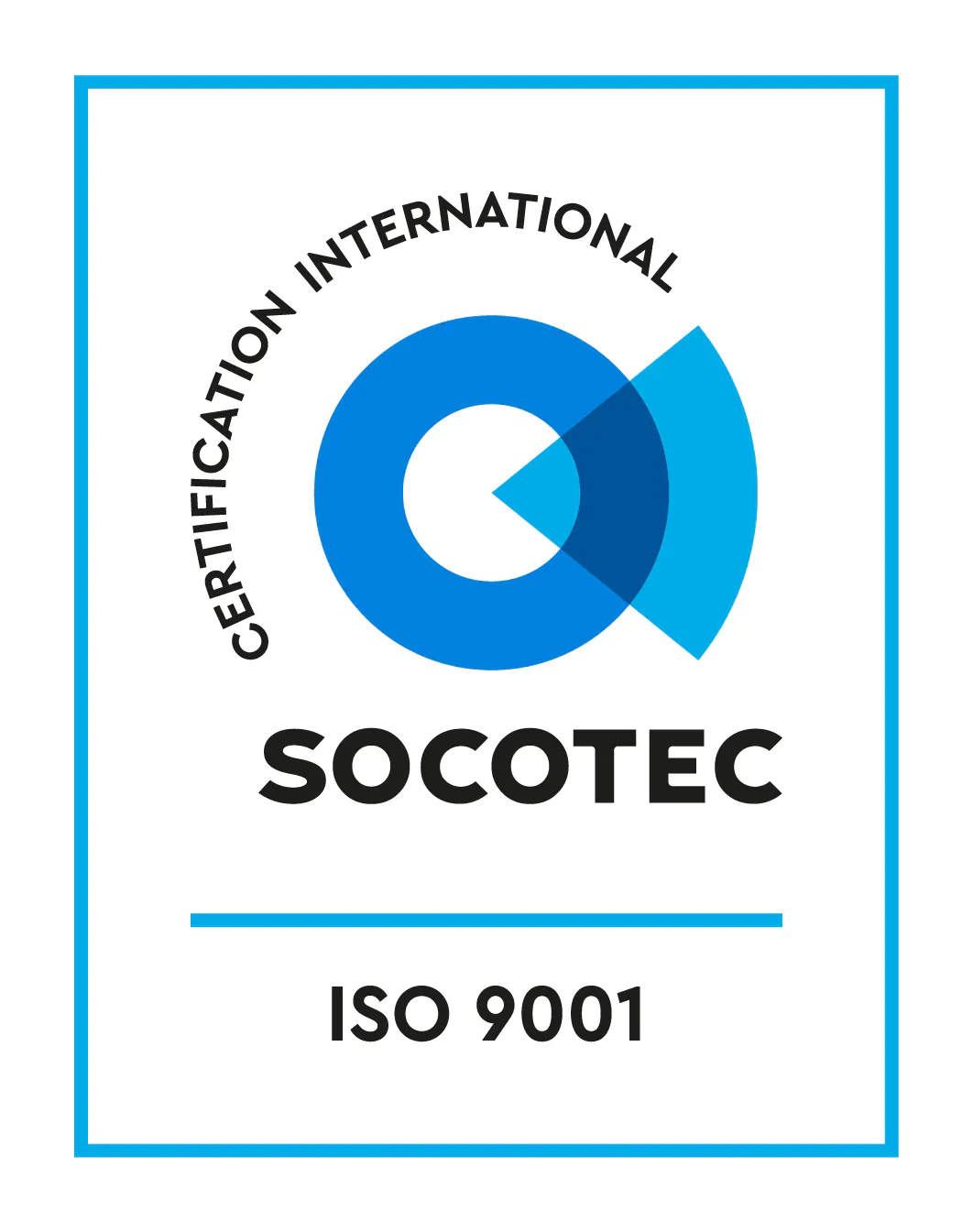This year, RTE international experts carried out a study showing the benefits of strengthening cooperation between the TSOs of Afghanistan, Kazakhstan, the Kyrgyz Republic, Tajikistan, Turkmenistan, Pakistan, and Uzbekistan.
Regional cooperation in Central Asia will accelerate the energy transition
Regional cooperation in Central Asia will accelerate the energy transition, optimise the use of resources, minimise costs by capitalizing on the diversity of the different countries’ generation assets and thus increase energy efficiency. Kazakhstan relies on coal-fired power plants, Turkmenistan and Uzbekistan on mainly gas-fired generation plants, while the Kyrgyz Republic and Tajikistan have hydroelectric power plants with large reservoirs and high water availability in summer, andAfghanistan has to import most of its electricity to meet its consumption needs. Solar power generation is not yet used but could potentially be abundant, however with an uneven distribution between countries.
The TSOs in Central Asia need to strengthen their coordination
In order to achieve this ambitious regional cooperation, the TSOs in Central Asia need to strengthen their coordination and share their production reserves. The study showed that the planned infrastructure will be sufficient in supporting the increasing integration of renewable energy. By sharing their reserves, the TSOs will also strengthen the security of the supply. They will also not need to invest in new capacity to balance their reserves. This cooperation would enable them to save nearly $230M per year on a regional level.
« The first phase consists of upgrading the regional coordination centre based in Uzbekistan. Its commissioning is scheduled for 2021. RTE international is simultaneously working on the second phase, which aims to establish a master plan for the 500 and 220 kV grids and associated substations. This is an essential stage where the TSOs agree on a coherent vision and share their short, medium and long-term developments. The third phase will aim to interconnect the power systems of Afghanistan and Turkmenistan to the Central Asian power system. RTE international is part of a truly ambitious project that brings together many stakeholders. Their needs are different, as are their means. But they all agree on the common benefits that will ultimately facilitate their mission. »
The Asian Development Bank (ADB) envisions a prosperous, inclusive, resilient, and sustainable Asia and the Pacific, while sustaining its efforts to eradicate extreme poverty in the region. Despite the region’s many successes, it remains home to a large share of the world’s poor: 263 million living on less than $1.90 a day and 1.1 billion on less than $3.20 a day.
ADB assists its members, and partners, by providing loans, technical assistance, grants, and equity investments to promote social and economic development.
ADB maximizes the development impact of its assistance by facilitating policy dialogues, providing advisory services, and mobilizing financial resources through cofinancing operations that tap official, commercial, and export credit sources.





